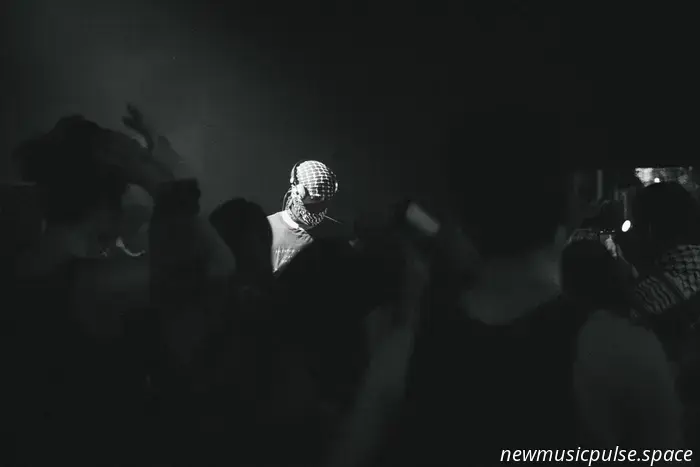
Late at night in repurposed warehouses around Ramallah, the quiet imposed by the occupation was pierced by the distant beats of speakers playing techno. Although infrequent, underground club nights featuring strobe lights and a blend of Levantine sounds with electronic rhythms provided a rare outlet for Palestinians in the West Bank to dance, showcase their creativity, and temporarily escape the harsh realities of life under siege.
Palestinian dance music emerged in the early 2000s as a cultural movement that blended local influences with the entrancing techno beats of the European club scene. It became one of the few outlets for Palestinian expression under Israeli observation, ultimately attracting the attention of the European rave scene, which led to the well-known Boiler Room documentary, ‘Palestine Underground.’
Since the occupation intensified following the outbreak of the Gaza war in 2023, sparked by the October 7th attacks by Hamas militants, artists who previously sought to create spaces for expression now hesitate to make any sound. A DJ from Ramallah, whose name has been kept confidential for his safety, began mixing in 2014. He describes how creating music has now become nearly impossible: “How can we do anything while our people are under attack? Unfortunately, I’ve been struggling to listen, let alone perform.” Just as he was beginning to gain international recognition, playing in cities like London and New York, he was forced to stop due to the violence back home.
As the underground music scene was evolving, 'severe and systematic restrictions on Palestinian movement in the West Bank' were imposed by Israeli forces. The military lockdown curtailed freedom of movement, effectively banning the freedom to party. As annexation escalated, venues were shut down, curfews, and checkpoints hindered social interactions in the West Bank, even in secret gatherings. While the local culture quashed, artists in exile have managed to keep the spirit alive from abroad.
Bruno Cruz is a DJ and producer from Haifa regarded as a pioneer of the Palestinian EDM movement. Beginning in the early 2000s, he worked with global networks to organize numerous raves, providing his community with a chance to gather and dance. Now limited to performing outside the occupied territories, Cruz is acutely aware of the profiling that comes with being a traveling DJ. “Each time I travel to attend festivals or musical events, all my bags are searched, including my instruments, humiliating body searches are conducted, and I’m subjected to racist inquiries, simply for being Arab,” he shares.
Cruz creates music to foster connections among people. He believes that “the shared idea that unites everyone at the party is freedom and mutual respect for all beings, regardless of race, religion, or affiliation.” His latest album, ‘Olive Stones (Frequencies of the Unseen),’ embodies his belief that music serves as a remedy for hate. It combines traditional Levantine melodies with powerful electronic beats, merging the traditional with the contemporary. He aspires for his work to counter the reality of occupation by highlighting the beauty and vitality of his culture while fostering love among attendees at his events.
Palestinian electronic music evokes a range of reactions to the occupation. Karim Atari, a rising experimental artist based in Dubai, is preparing to release his project, ‘Majzara Blues’ (Massacre Blues). He intertwines deep, haunting sounds to “process the emotions” stemming from the devastating bombardment in Gaza. For Atari, his art transcends mere catharsis; it serves as a means of resistance.
He hopes his music will be a powerful anthem through which his people assert their Palestinian identity. “I have no fear of including resistance slogans in my music because these messages have been unjustly distorted,” he states. While some slogans have faced criticism for being linked to extremists, Atari views them as expressions of a deeply rooted resistance against the violence inflicted by the occupying forces. He contends that efforts to silence him frame these expressions as “a demonic evil,” when in reality they represent individuals “fighting for [their] own rights.”
These cross-border sonic experiments aim to redefine the portrayal of their resistance through unconventional methods. Seamlessly integrated into avant-garde melodies, they challenge the narrative that Palestinians are homogeneous. The beats, produced under pressure, resonate with people from all walks of life, offering an escape from the stereotype of militancy often unjustly attributed to ordinary Palestinians.
Although the Palestinian techno scene originated in the West Bank and Gaza, numerous other Arab artists have joined the movement from behind their decks. Arabian Panther, a Lebanese DJ and producer born in France, sees himself as a ‘lone warrior’ in the shared struggle between Palestine and Lebanon. Always donning a black keffiyeh during performances, he blends traditional Arabic tunes with driving techno to create a sound that is both dark and enigmatic. He describes his mission as fighting for peace and justice by confronting audiences with harsh, industrial sounds.
Though not Palestinian, Arabian Panther asserts that “




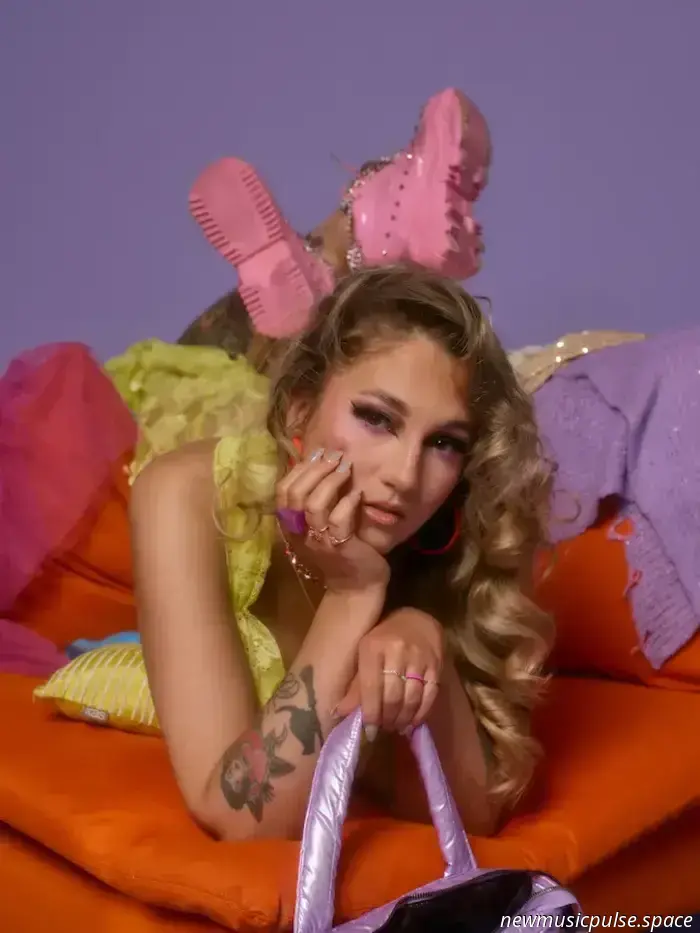
Mareya, a pop songwriter from Melbourne, is back with her new track 'ADHD & Me'. Now living in Australia, the Māori pop artist is committed to expressing her truth in every song.
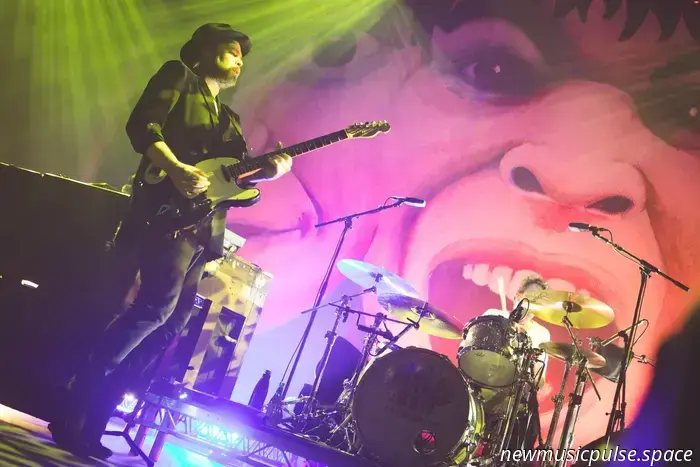
“I should coco” is a phrase from Cockney rhyming slang that means "I should say so”. I was unaware of that. I only recognized it as the title of the debut album from the Britpop genre.
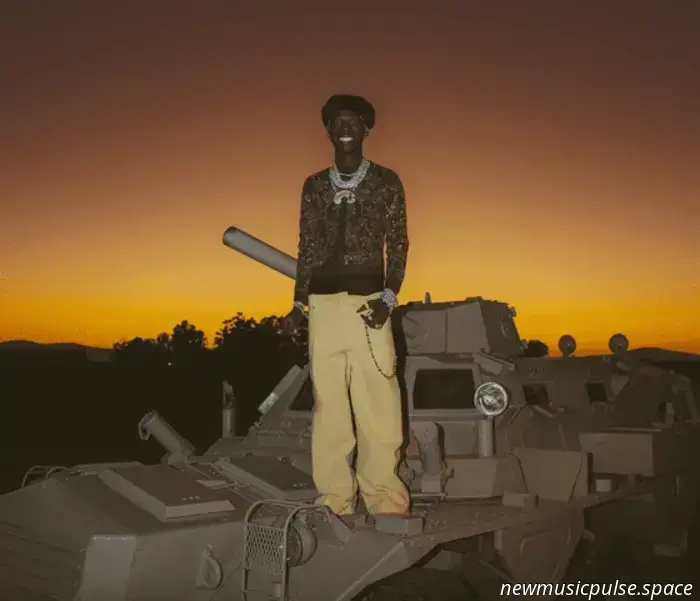
Nigerian musician Seyi Vibez is back with a fresh track titled 'Pressure'. The songwriter has been gaining momentum, consistently honing his skills.
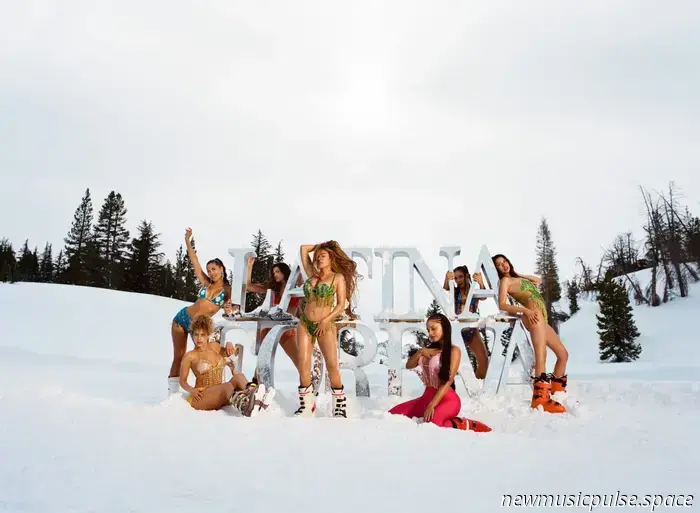
Grammy-winning Colombian artist KAROL G raises the stakes with her latest summer anthem, 'LATINA FOREVER’. Produced by Mazzarri and Misha, 'LATINA FOREVA’ is both

The Mighty Hoopla is coming to town later this month, and schuh will be hosting a free entry pre-party. The festival was initiated by the team behind the iconic
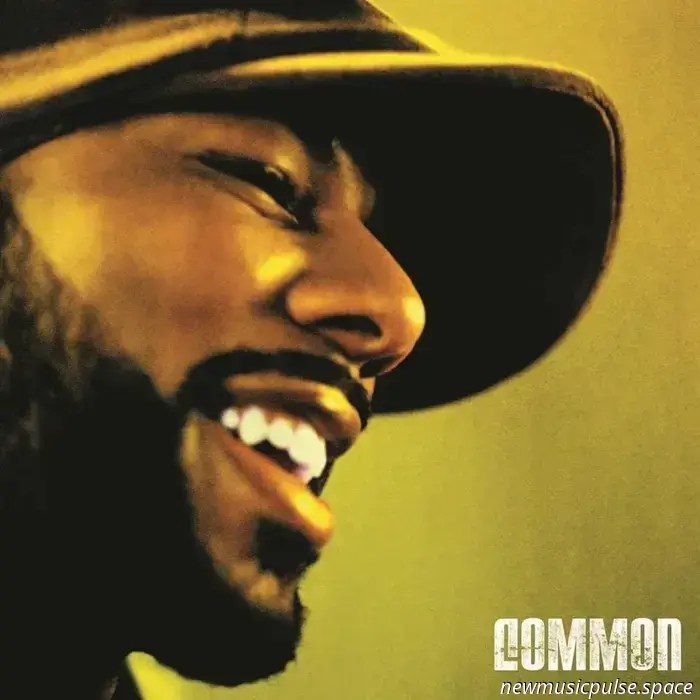
When Common (whose real name is Lonnie Rashid Lynn Jr) joined Kanye West’s G.O.O.D. Music label, Ye had already established himself as the leading producer-turned-rapper in hip-hop after the
Late at night, in converted warehouses around Ramallah, the distant beats of techno music emanating from speakers broke the silence imposed by the occupation.